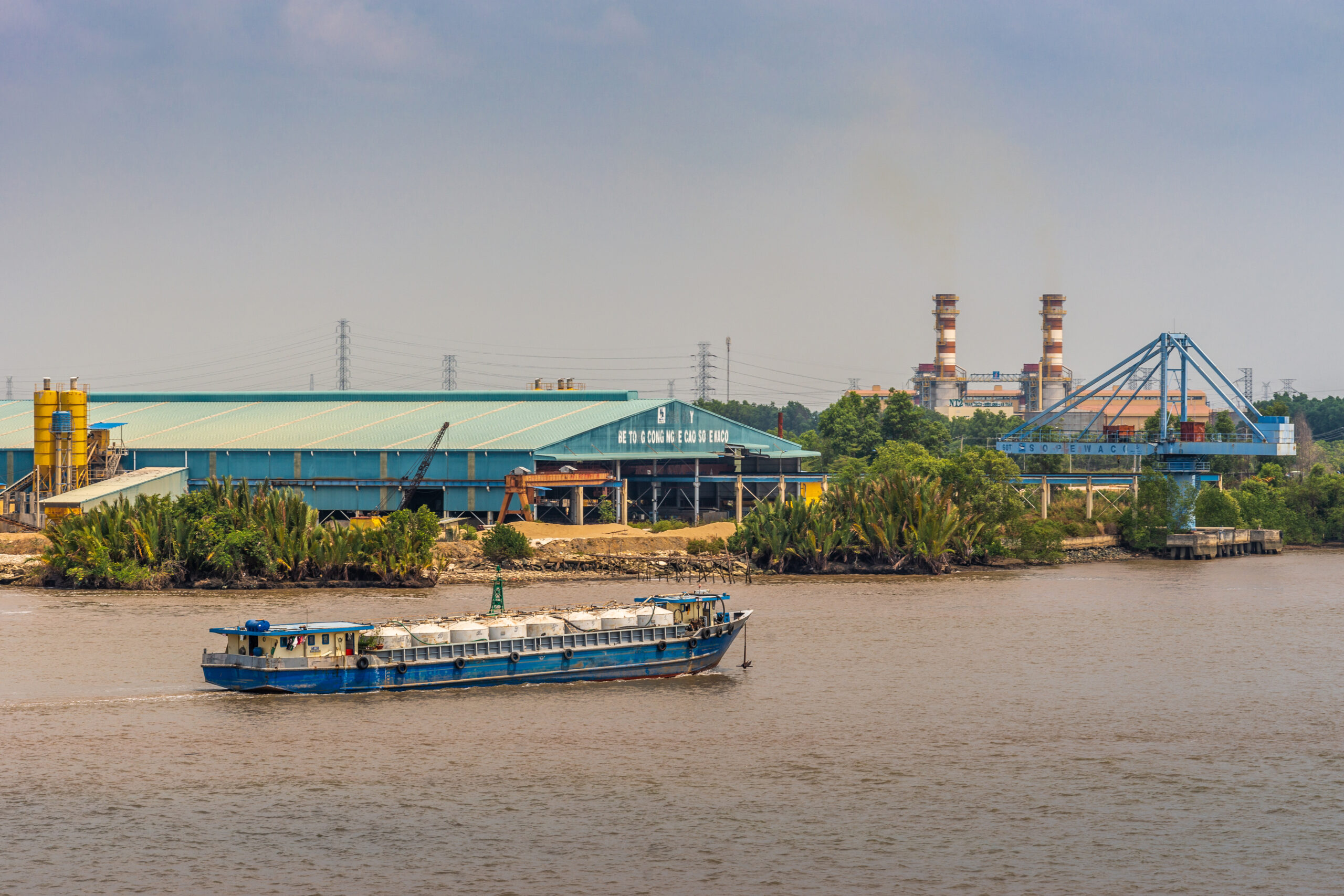Vietnam power sector fails to rein in fossil fuel usage
The government has been trying to clean up Vietnam’s power sector, but is facing considerable self-inflicted problems.

The Southeast Asian country of nearly 100 million people has historically relied on coal and gas for power generation and is now seeking funds to hopefully wean itself off of these carbon intensive fuel sources.
Its latest move came in December at the COP28 meeting in Dubai when Vietnamese delegates presented its Resource Mobilization Plan (RMP). The RMP lists a number of key projects, which will be given priority in the short-term. These are set to be implemented in 2024, including power transmission grid projects, battery and pumped storage, offshore wind development, energy efficiency, solar power, and phasing out coal.
The RMP is part of the Just Energy Transition Partnership (JETP). The JETP seeks to bridge the gap between so-called developed and a select group of developing nations by financing clean energy projects and in some cases retiring coal-fired power plants. Original JETP recipients include South Africa, Indonesia, Vietnam, and Senegal. More countries could join the JETP in the future.
Vietnam is slated to receive US$15.5 billion over the next three to five years under the JETP. Much of the scheme includes grants, concessional loans (funding at more advantageous terms than prevailing market conditions), along with lower interest commercial loans.
Whereas the initial JETP agreement reached last year covered the basics needed for Vietnam, the new RMP 200-plus page document goes into far greater detail.
Vietnam’s JETP problems mount
However, problems have already surfaced, calling into question both Vietnam’s sincerity over trying to phase out fossil fuels in addition to allegations of human rights violations against environmental activists.
Firstly, Vietnam has failed to set a timeline for closure of coal-fired power plants, an integral part of its JETP requirements. The country has also decided to allow new coal power plants to come online, although there will be no further construction of coal-fired power plants after 2030.
Moreover, in an orchestrated trade-off under its RMP (Investment Category 2.2), Vietnam’s power sector will still rely on gas. It will develop mixed gas turbines using LNG to displace coal as a key option for accomplishing the transition from coal powered generation. However, given its emissions and methane leakage problems, which were highlighted at COP27 in Egypt in 2022, the use of gas to displace coal defeats the main purpose of the JETP coal phaseout.
“The problem with new gas-fired power projects is that they are built to last for decades so JETP financing for a gas buildout could actually delay Vietnam’s energy transition, the opposite of what the initiative is intended to do,” David Hoffman, communications director at Global Energy Monitor, told Gas Outlook.
He added that other emerging economies in Southeast Asia are now seeing the consequences of “doubling down on gas” rather than clean energy. As such, the gas industry’s case for LNG as a transition fuel in Asia appears weak, he explained.
Others take a more nuanced approach to LNG usage in Asia. Rich Gilmore, chief executive of Melbourne-based Carbon Growth Partners, in a Nikki Asian Review op-ed wrote that LNG is still a sound transition fuel if emissions are offset. This is mostly done using carbon capture utilisation and storage (CCUS) technology.
Notably, offsetting or capturing emissions using CCUS has demarcated battle lines between two sides of the argument. The problem, however, with relying on CCSU is that the evidence to support it usage remains sketchy.
Proponents claim CCUS can reduce emissions at the source then store it in geological formations. It’s also been estimated to reduce as much as 20 percent of total CO2 emissions from industrial and energy production facilities.
However, critics are quick to point out that CCUS is an expensive technology, energy intensive, can actually increase emissions and has leakage problems once stored. Moreover, it has yet to be proven at scale, a fact that caused problems for Australian gas giant Woodside Energy last year.
Jailing climate activists
Vietnam is also locking up climate activists, casting even more doubt over its climate change mitigation ambitions. In the past two years, Vietnam has imprisoned at least six leading environmental advocates, including individuals working on alternatives to fossil fuels expansion.
Vietnam was called on the carpet by environmental NGOs at COP28 over the imprisonments. These groups demanded that the Vietnamese government release imprisoned climate advocates and guarantee protections for civil society before they get more JETP funding.
Against this backdrop, two major JETP funders, the UK (which has been accused of its own crackdown on climate activists along with mass arrests) and the U.S., have so far declined to comment over these developments.
